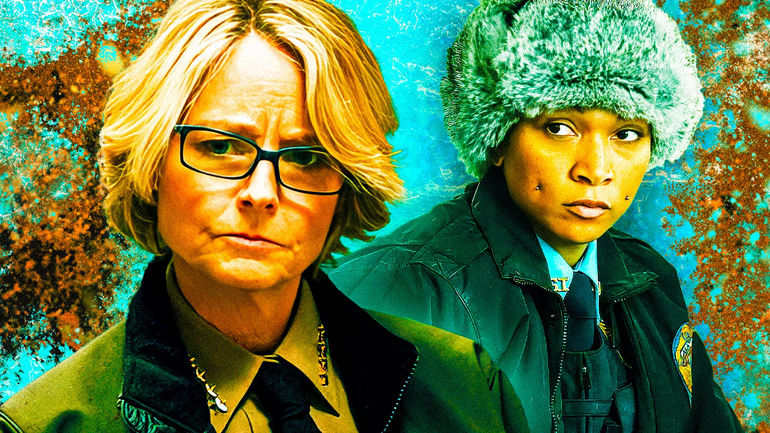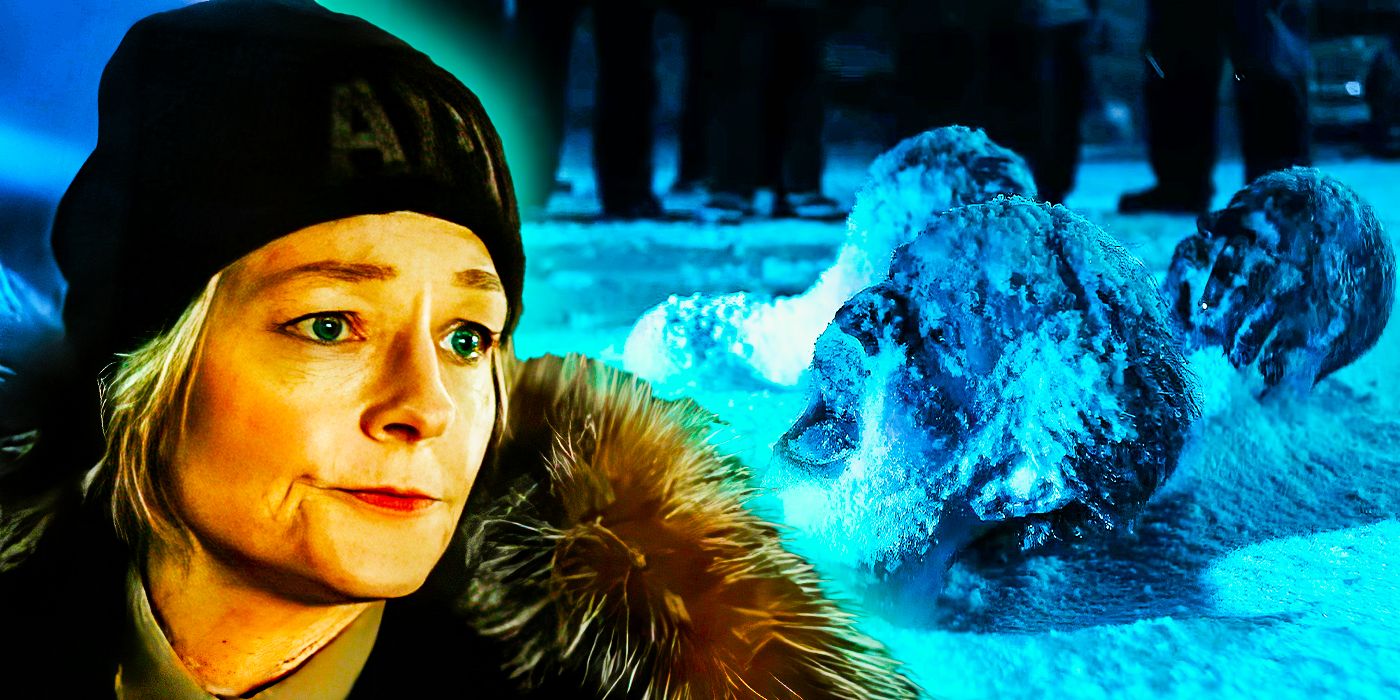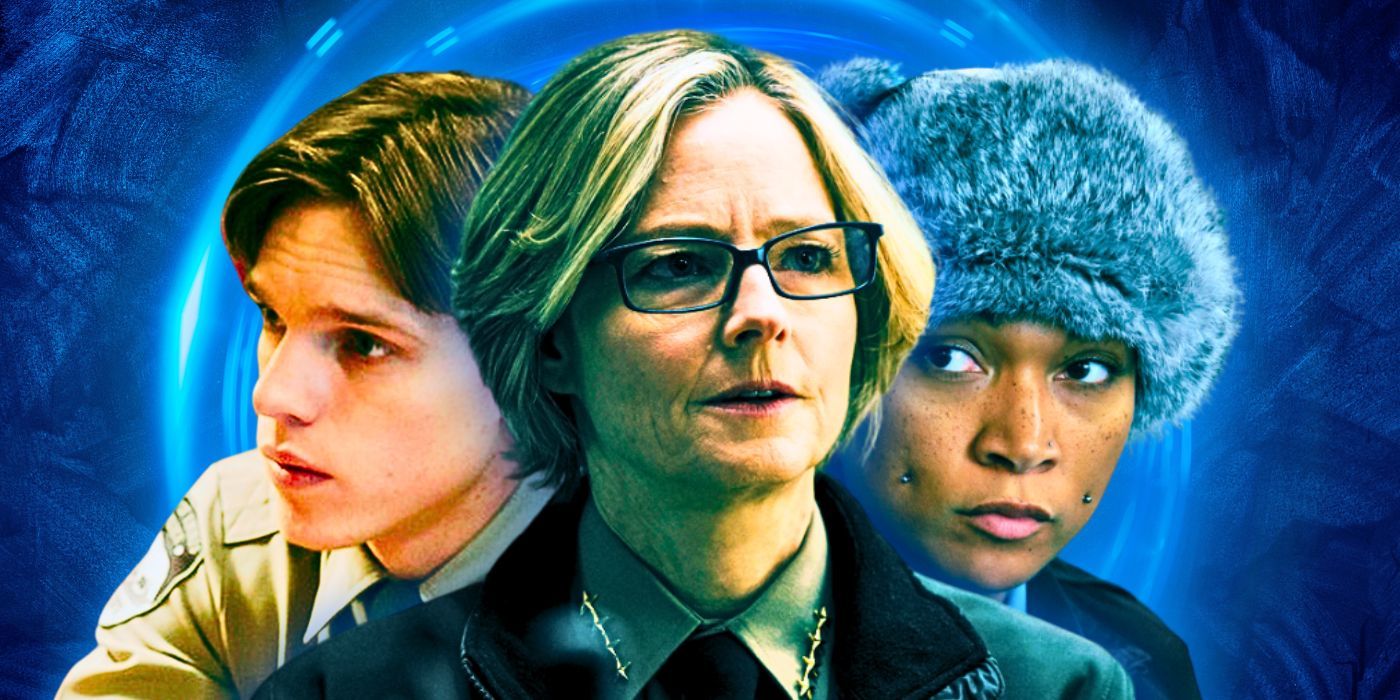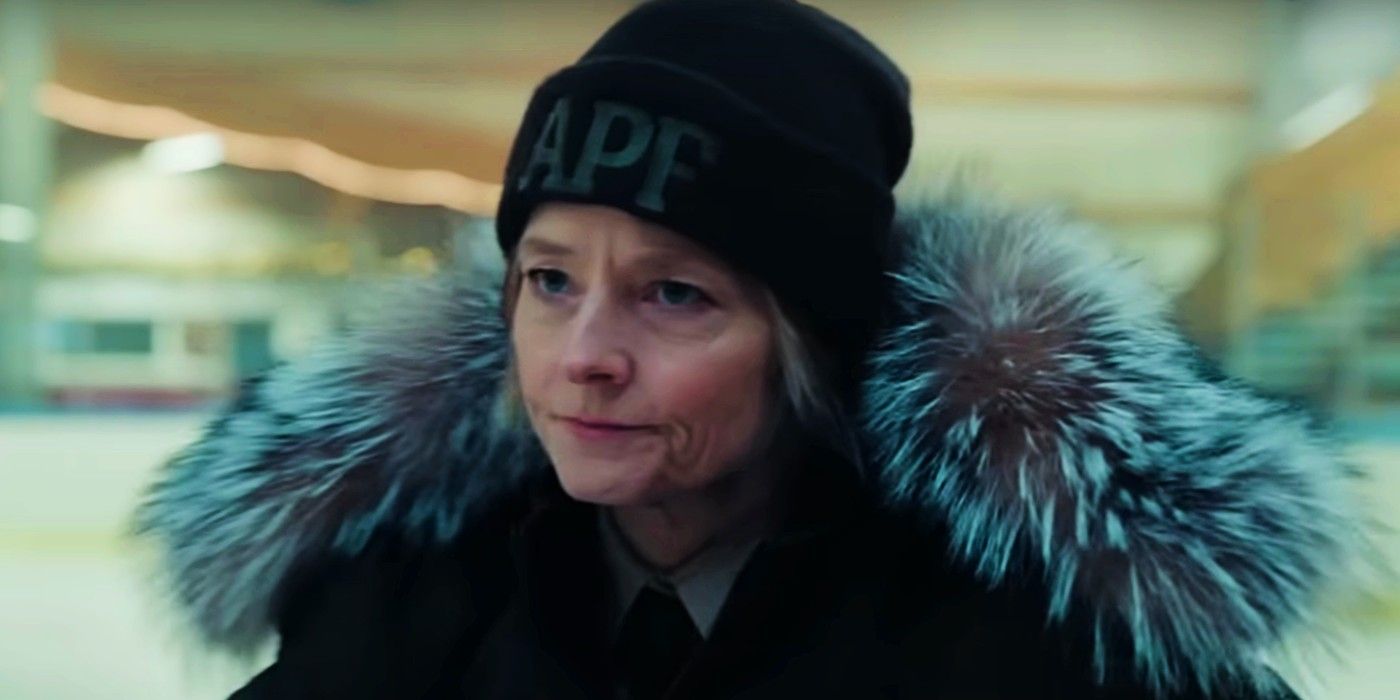
How True Detective: Night Country Addressed a Common TV Issue

Discover how True Detective: Night Country successfully tackled a prevalent problem in TV shows.
True Detective: Night Country successfully addressed a common TV issue that has affected many popular shows, including several from HBO, in recent years. During its six-episode run, the fourth season of the anthology series provided a fresh perspective on the beloved detective drama that first premiered in 2014. This installment, True Detective: Night Country, was well-received by audiences and delivered impressive ratings for the premium streaming service.
The cast of True Detective: Night Country, featuring Jodie Foster as Liz Danvers, Kali Reis as Evangeline Navarro, Fiona Shaw as Rose Aguineau, and Finn Bennett as Pete Prior, found themselves entangled in a series of murders and crimes set in the fictional town of Ennis, Alaska. One notable aspect of the season was its unique setting during a prolonged winter night in northern Alaska, where the sun remained absent for weeks. Despite the absence of daylight throughout the series, HBO effectively tackled a common challenge faced by many television shows.
All episodes of True Detective: Night Country are available to stream on Max.
True Detective: Night Country Was Never Too Dark, Despite Being Set At Night
a picture of Jodie Foster as Liz Danvers against an image of a frozen body From True Detective Season 4 - True Detective: Night Country Was Never Too Dark, Despite Being Set At Night
Many television series, and especially recent prestige series on HBO, have faced challenges with episodes being too dimly lit. However, True Detective: Night Country manages to defy this trend by setting the show in a location with no daylight hours yet maintaining visibility throughout. The series has garnered praise for its high production quality, skillfully balancing the dark Alaskan exteriors with the vibrant, well-lit interiors of locations such as the Tsalal research station and the Ennis police building.
The high quality of the show's production, which takes place entirely at night, was a relief considering some of the recent criticism of other popular HBO shows. For a show that premiered almost 10 years after Game of Thrones and had the benefit of past feedback, the unwatchable darkness scenes were one of the things that did not work well in House of the Dragon. Game of Thrones and House of the Dragon have both suffered from being too dark during nighttime scenes or scenes where characters are in dark, dank locations.
True Detective: Night Country's "Dark" Setting Made Its Story Much Better
Jodie Foster as Chief Liz Danvers, Kali Reis as Trooper Evangeline Navarro, and Finn Bennett as Officer Peter Prior in True Detective: Night Country - True Detective: Night Country's "Dark" Setting Made Its Story Much Better
In True Detective: Night Country, the darkness and constant state of the night played a crucial role in the story, becoming as significant as the characters and the mystery of the murders. The darkness was used to disorient the audience, making it difficult to discern the time of day, the passage of days, or the tasks the characters should be completing without the presence of sunlight. This unique setting provided a refreshing contrast to previous seasons of True Detective.
True Detective has been officially renewed by HBO for a fifth season, with Issa López set to return as the showrunner.
The night in Ennis, Alaska provided a stark contrast to the Louisiana heat of True Detective season 1 and the muggy days in Arkansas in season 3. Similarly, the concrete jungle atmosphere of True Detective season 2 in Vinci, California, offered a brighter setting compared to season 4. Ultimately, the darkness and atmospheric conditions of True Detective: Night Country, filmed in Iceland and featuring a constant state of darkness, enhanced the show's story and themes, making it a more enjoyable watch than previous HBO shows.
Editor's P/S:
The article effectively highlights the unique setting and visual presentation of "True Detective: Night Country." The show's ability to maintain visibility despite being set during a prolonged winter night is commendable, addressing a common issue plaguing many recent television series. The use of darkness as a storytelling element further enhances the show's atmosphere and provides a refreshing contrast to previous seasons.
Overall, "True Detective: Night Country" demonstrates the importance of thoughtful production design and lighting in creating an immersive viewing experience. It serves as a testament to the show's creative team for their ability to balance the challenges of filming in the dark while maintaining clarity and visual appeal. This success should inspire other productions to prioritize visual quality and consider how lighting can enhance the narrative and storytelling.















